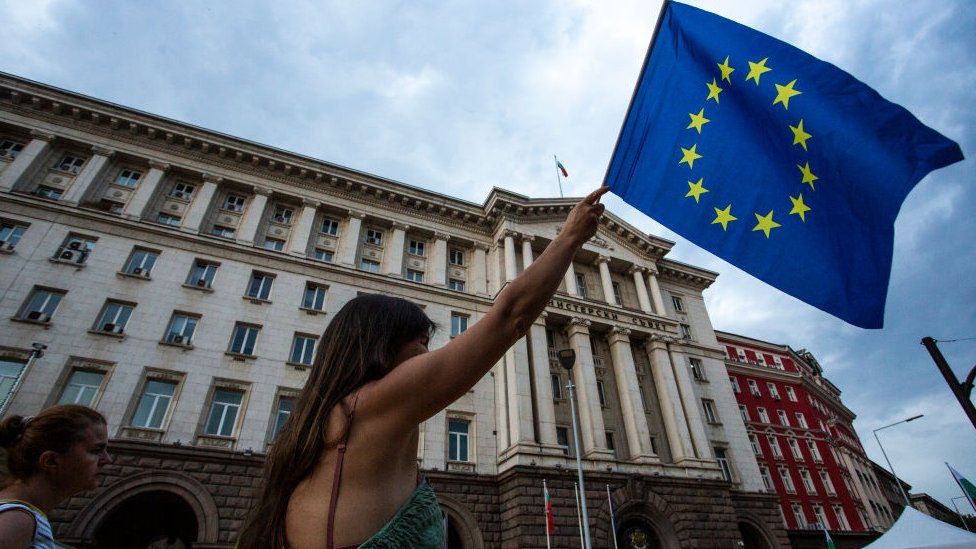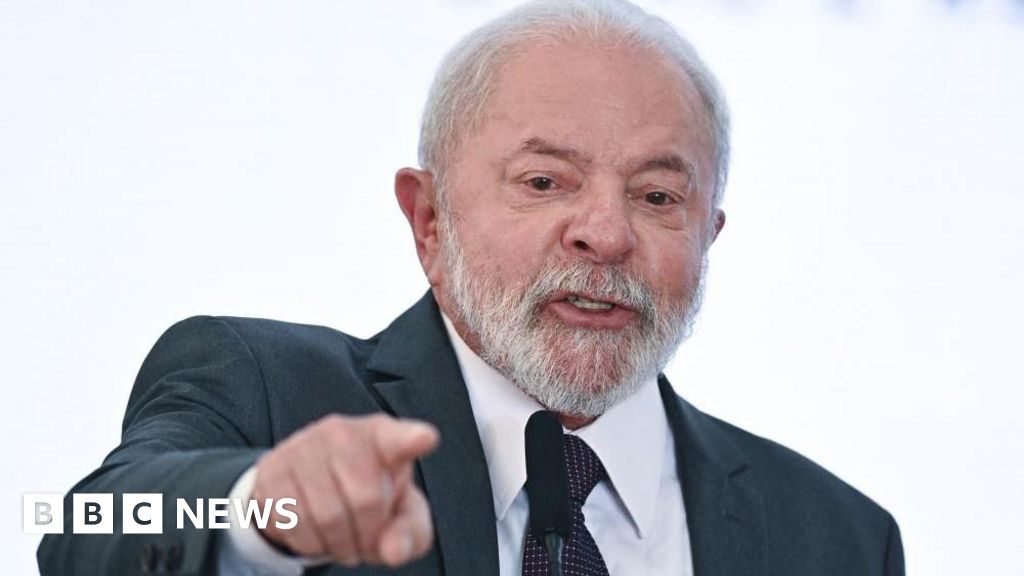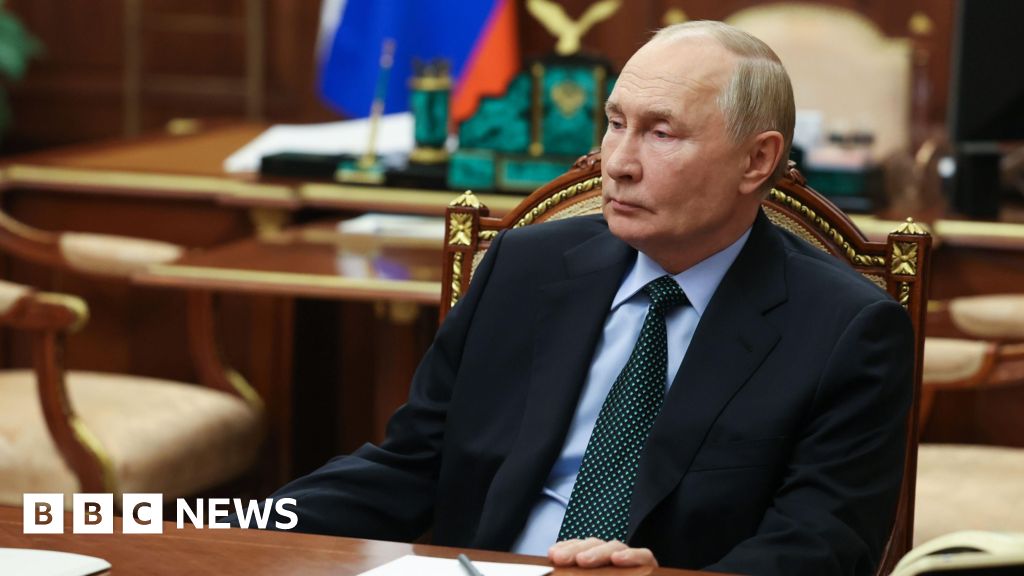ARTICLE AD BOX
By Krassimira Hendry
BBC News Sofia
 Image source, Getty Images
Image source, Getty Images
Protesters last month demanded that Bulgaria's government did not renew energy supplies with Russia
Few countries in Europe take more of their gas from Russia than Bulgaria - and yet Bulgarians are increasingly asking themselves whether they really need it.
Energy is top of the agenda in Sunday's general election and some of the 28 parties taking part are openly favourable to Russia.
"Our main concern is the increasing price of electricity as that is our main source of heating," says Elvira Shishova, a young woman studying in the south-western city of Blagoevgrad.
BBC
My family is scared and upset about the whole situation
The Kremlin has long overshadowed the fractured politics of the European Union's poorest member state.
This is Bulgaria's fourth election since April 2021.
The country is split: it is part of Nato and the EU, but Russian influence remains strong. Russia's war and occupation of large areas of Ukraine are not far away from this nation on the Black Sea coast.
Weeks after Bulgaria expelled 70 Russian diplomatic staff in June, accusing them of working against Sofia's interests, its pro-Western government under reformist Prime Minister Kiril Petkov collapsed.
Russia had already blocked deliveries of gas in April, after Bulgaria agreed with the EU not to pay for its supply in roubles. Mr Petkov accused the Kremlin of adopting "hybrid war" tactics to trigger his government's fall.
Bulgaria used to receive more than 90% of its gas from Russia, but the amount was small - just 3bn cubic metres per year.
Within weeks of the government's collapse, the interim administration announced in August it was ready to talk about resuming deliveries.
However, Deputy Prime Minister Hristo Alexsiev insisted this week there was "no intention of having any talks about signing a new contract with Russia, but only to receive the already agreed quantities that Gazprom owes Bulgaria".
"During the coming winter, there will be electricity and heating in Sofia and the big cities," he told the BBC.
Getty Images
Bulgaria in numbers
6.84mPopulation
4.7% Out of work
12.9%of energy from gas
17.7%Annual inflation rate
€363EU's lowest minimum wage (£321)
€1,800Average monthly cost of living for family of four (BGN3,522)
Source: EU/NSI
Those with a grasp of Bulgaria's energy demands are unimpressed with politicians who highlight the need for Russian gas.
"The fear that the Bulgarian energy system could collapse without Russian gas does not have any foundation in fact," says Julian Popov of the European Climate Foundation.
"Bulgaria is a relatively low user of gas. It covers around 12% of the primary energy demand, most of it used in the chemical sector, glass production, and a very small part in domestic heating."
Last July, a gas pipeline between Greece and Bulgaria was finally completed that could bring gas from Azerbaijan and liquefied natural gas via Greece and Turkey.
Mr Popov believes the cost of getting rid of Russian gas is negligible and the argument is more about the complex political relationships between gas companies and Bulgarian political groups.
So who is promoting the idea that the country can't survive without Russian gas?
Popular social media influencer Assen Genov says a number of political leaders in Bulgaria openly attack its membership of the EU and Nato at home, while posing as supporters of EU measures abroad.
Tsvetelina Belutova
Many politicians in Bulgaria openly promote pro-Kremlin ideas and flirt with the long-standing and deeply ingrained notion that Bulgarians owe Russia gratitude
Russia's war and its energy supplies have towered over Sunday's election and yet it is an issue many young Bulgarians do not engage with.
Natalia Tsenova, a 23-year-old working in the capital, Sofia, says many of them see disinformation and populist claims online "and do not see a reason to read and inform themselves".
However, student Nikolay Patev resents having any one company such as Russia's Gazprom wielding so much influence: "I don`t mind where the gas is coming from, but if the supplier is unreliable and uses the gas as a political weapon, the relationship should be over. For me, it`s as simple as that."
Image source, Getty Images
Image caption,During the summer, the Greek prime minister joined his Bulgarian counterpart to inaugurate a new gas pipeline
The rising cost of living has hit the poorest the most, particularly in areas of north-western Bulgaria and among some minority groups.
Elvira Shishova worries for her family who live in the north-west: "As a part of the Roma community, we are also concerned that our family members and friends will not be able to survive this energy crisis. The high level of unemployment in our community makes it almost impossible to overcome it."
Few believe any single party will emerge from the 2 October elections with a majority to form a government on their own. And there is no guarantee that the next coalition would be any more stable than the last.
What Bulgarians want most is for a government to come up with a working strategy that tackles the energy crisis and sees them through the winter.

 2 years ago
23
2 years ago
23








 English (US)
English (US)